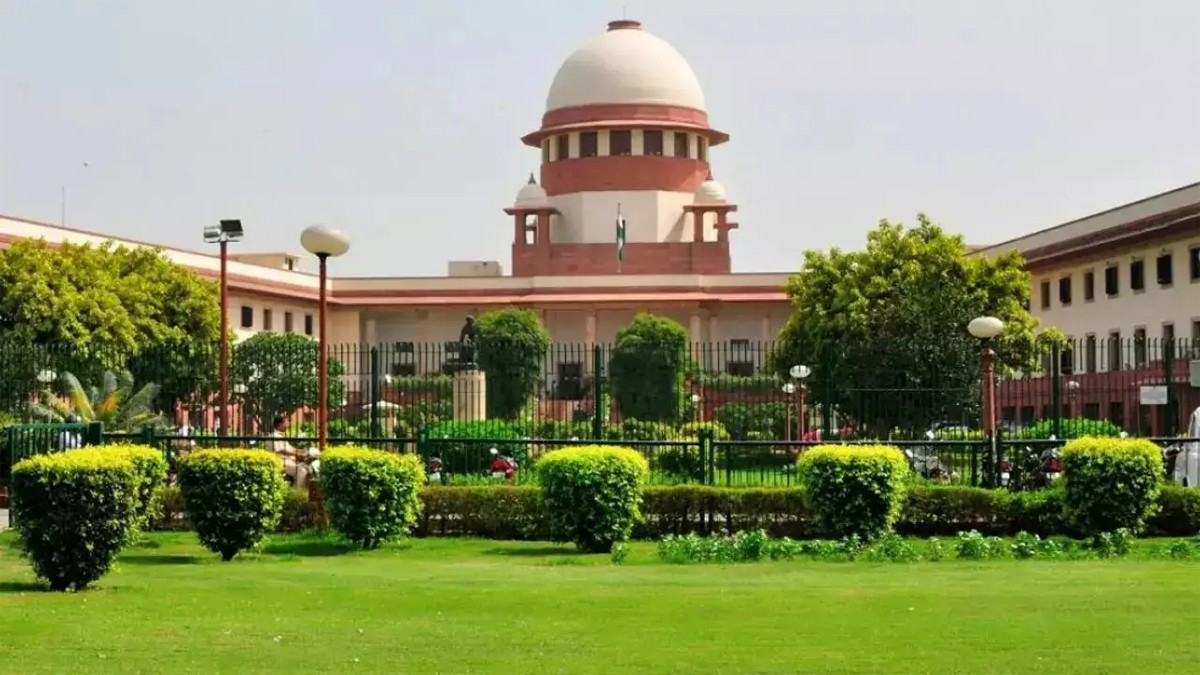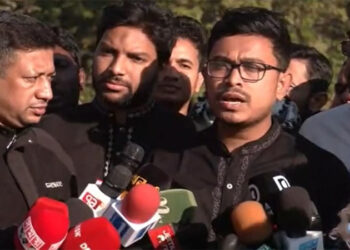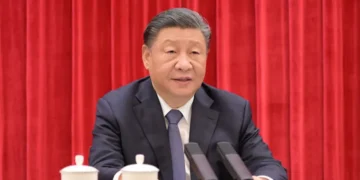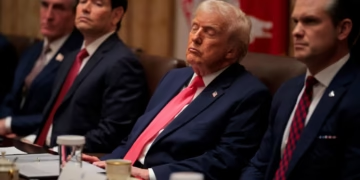By Sukanta Chattopadhyay, Kolkata Correspondent
India’s Supreme Court has put a temporary stop to the implementation of the new and controversial Waqf law. On Wednesday, April 16, the court began hearing 73 petitions filed against the law. After the hearing continued on Thursday, the bench led by Chief Justice Sanjiv Khanna, along with Justices Sanjay Kumar and KV Viswanathan, announced the suspension of the law.
What the Court Said
The court said the new Waqf law will not be applied until further notice. The government also told the court that no new members will be added to Waqf Boards during this time, and no changes will be made to Waqf properties. This includes old Waqf properties and those claimed through “Waqf by user.” Everything will stay as it was before the new law.
Even after this decision, protests and political debates are continuing across the country.
What is ‘Waqf by User’?
“Waqf by user” is an old tradition where Muslims could claim a property as Waqf (religious or charity use) if it had been used that way for a long time—even without legal documents.
The new law says this kind of claim will not be allowed on disputed land or government property.
Read More: Dr. Muhammad Yunus Among Time’s 100 Most Influential People in the World – 2025
Why the Court Waited
On Wednesday, the court had planned to stop the law right away, but the central and state governments asked for more time. So, the court waited until Thursday. One reason for the suspension is to calm the public protests.
Political Reactions and Violence
After the law was passed in Parliament this month, protests broke out in many parts of India. In West Bengal, three people died during protests, which caused a big fight between the Trinamool Congress and the BJP. Trinamool said it will not apply this law in West Bengal. The BJP accused Chief Minister Mamata Banerjee of doing “appeasement politics” before elections.
Read More: OpenAI to Enter Direct Competition with Meta and X?
Many Political Parties Oppose the Law
Not just Trinamool, but also opposition parties like Congress, Aam Aadmi Party (AAP), DMK, CPI, and others are against this law. Even JD(U), the party of Bihar’s Chief Minister Nitish Kumar—who is in alliance with the BJP—opposes it. They say the law is unfair to Muslims and goes against India’s secular values.
What Happens Next?
The law is currently on hold, but the final decision will come after more hearings in the Supreme Court. The court will study everything carefully before giving its full judgment.
For now, many Muslims feel a bit relieved by the court’s decision, but politically, the debate and protests are far from over.
Source: Jamuna TV
Share via:


















